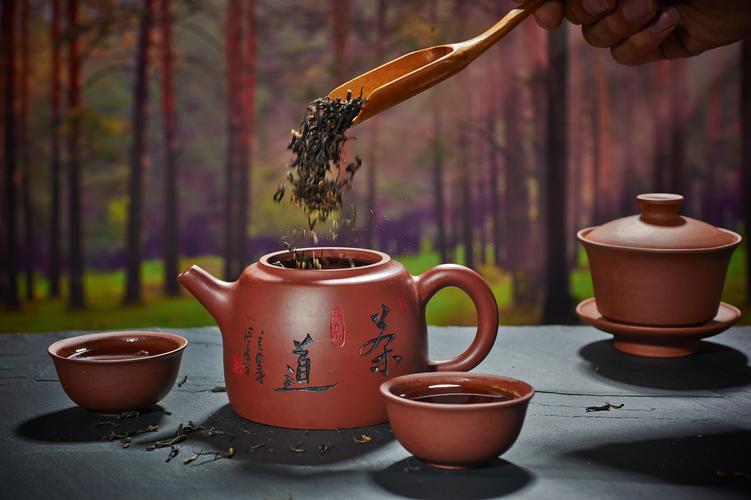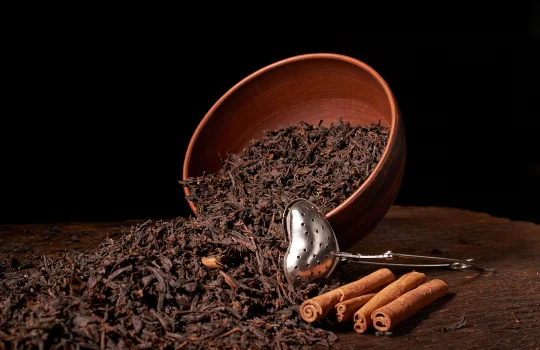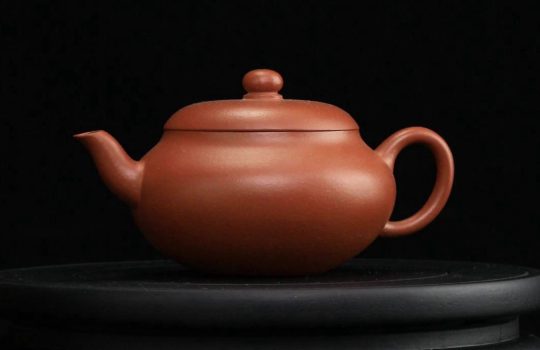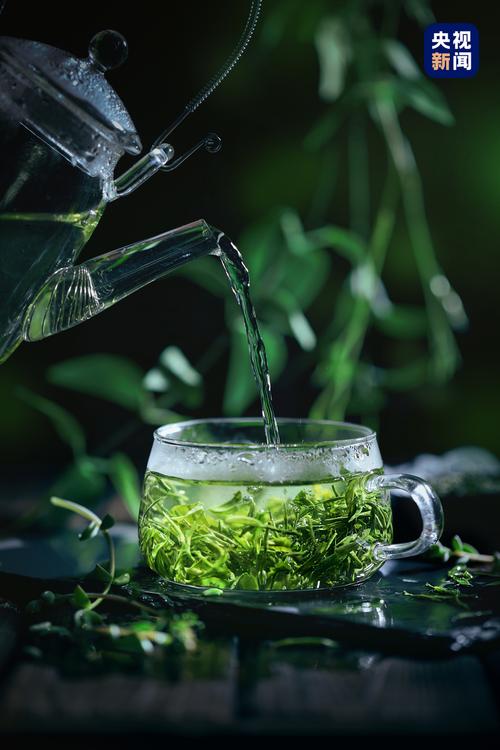Tea is a healthy beverage.
If drinking coffee was once a sign of being fashionable, then drinking tea has now become a meaningful expression of one’s lifestyle. Today, tea is popular not only because it is a natural and healthy beverage but also because it has certain health-promoting and therapeutic effects on the human body. Ancient people believed that tea was a divine elixir for nourishing life and a miraculous method for prolonging longevity. As the poet Su Shi once said, ‘Why bother with Emperor Wei’s medicine? Just enjoy Lu Tong’s seven cups of tea.’ Lu Tong was a Tang Dynasty scholar who loved tea, and Su Shi believed that drinking tea regularly could surpass the benefits of medicine. Therefore, it is recommended to drink more tea, less alcohol, and avoid smoking.
Mr. Xun believed that having good tea to drink and drinking good tea is truly a blessing.
Modern science has identified over 500 chemical components in tea leaves, including more than 450 organic compounds and at least 20 inorganic minerals. Through modern biochemical and medical research, it has been fully proven that tea has both nutritional value and pharmacological effects, and it is closely related to human health. No other organic beverages, inorganic beverages, or artificially synthesised functional beverages can replace tea’s healthy status in the beverage industry.
Although both tea and coffee have stimulating effects, tea has a much lower risk of addiction compared to coffee. This is because the caffeine content in tea is lower than that in coffee, resulting in a weaker stimulating effect on the central nervous system. According to measurements, a cup of tea contains 30–75 milligrams of caffeine, while a cup of coffee contains 80–100 milligrams. Additionally, since caffeine in tea is released slowly, it typically takes 4-5 infusions to release a significant amount. Therefore, there is no need to worry about becoming addicted to tea in daily life.
However, it is important to note that one should avoid drinking strong tea for extended periods. This is because the caffeine in tea has a certain tolerance level, and exceeding this limit can lead to symptoms such as tachycardia, arrhythmia, and elevated blood pressure due to caffeine stimulating the central nervous system and heart muscle, which is detrimental to health.
Based on the nature of the tea and seasonal changes, different teas can be selected. For example, in spring, one can drink fragrant floral teas, whose aromatic compounds can help dispel the cold accumulated in the body during winter and promote the growth of yang energy; in summer, drink refreshing green tea, which has a cooling and heat-reducing effect; in autumn, drink oolong tea, which is neither cold nor hot, and can both clear residual heat and restore body fluids; in winter, drink sweet and warm black tea, which can nourish the body’s yang energy.




